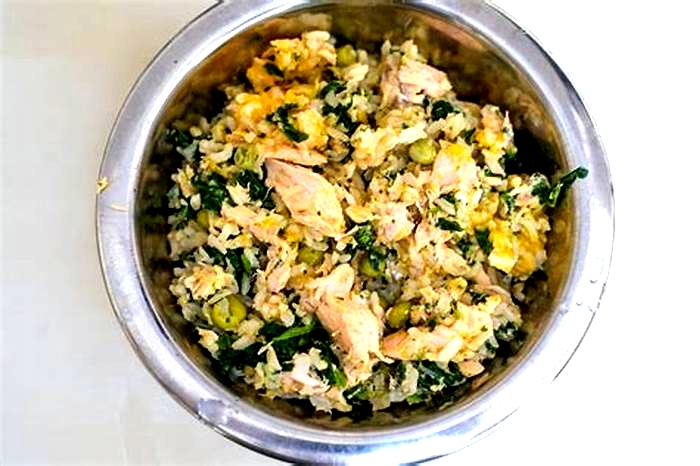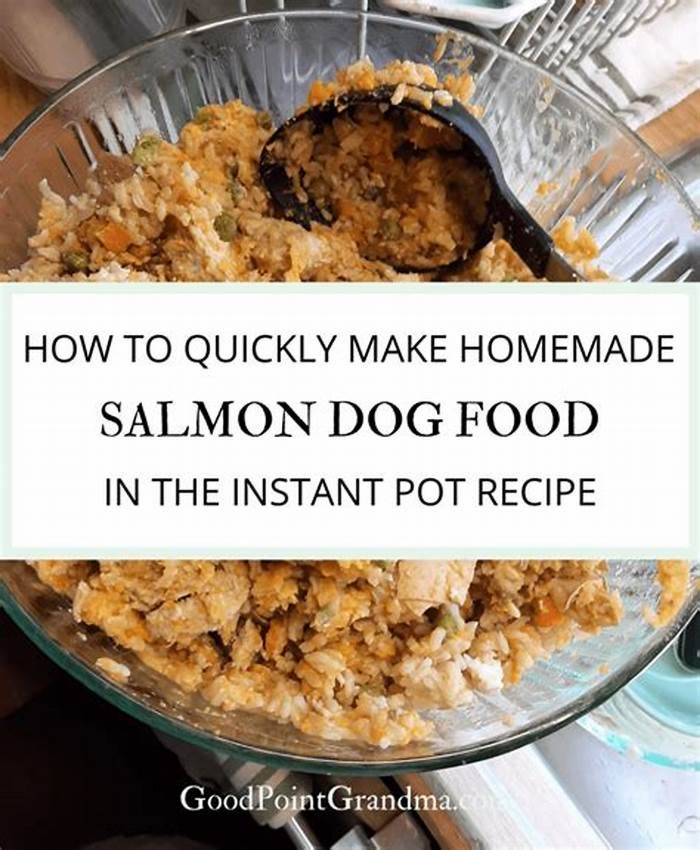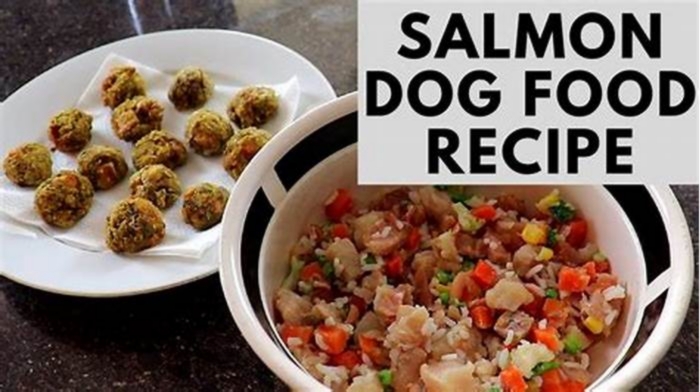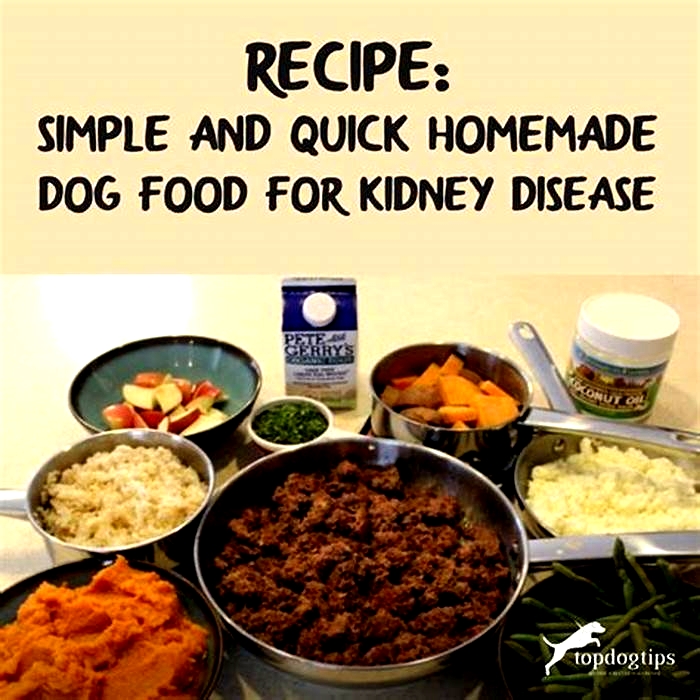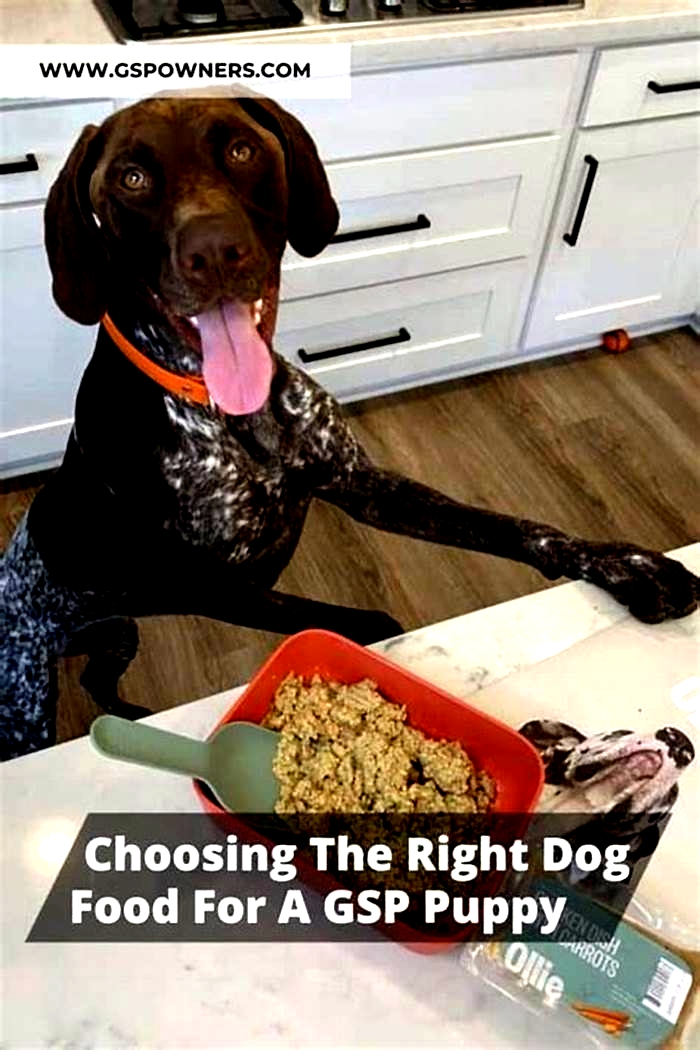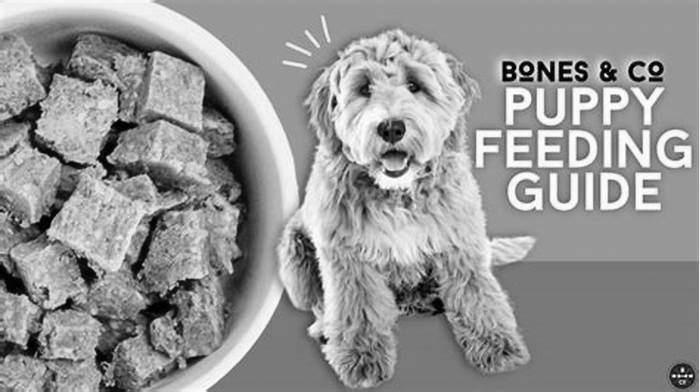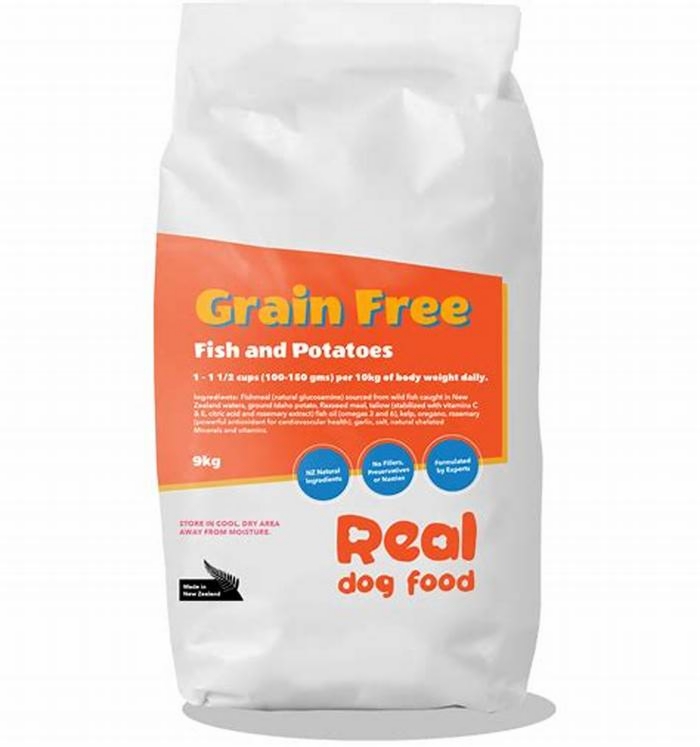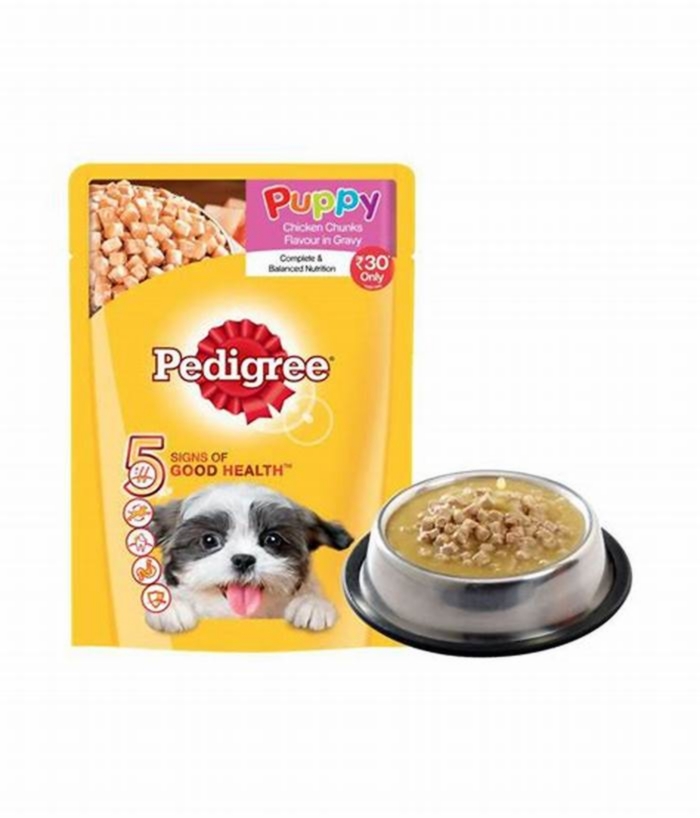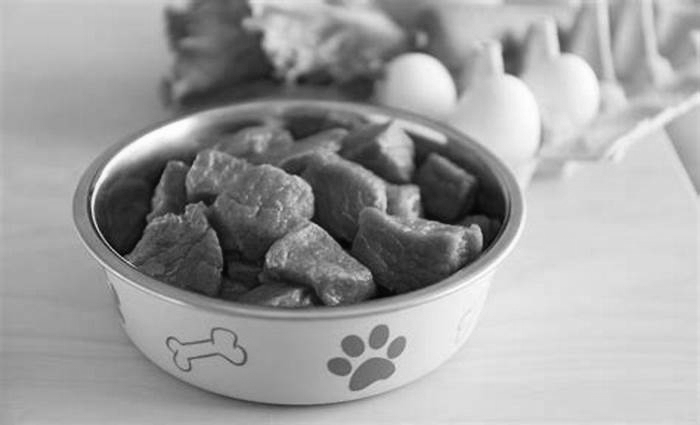best homemade dog food for puppies
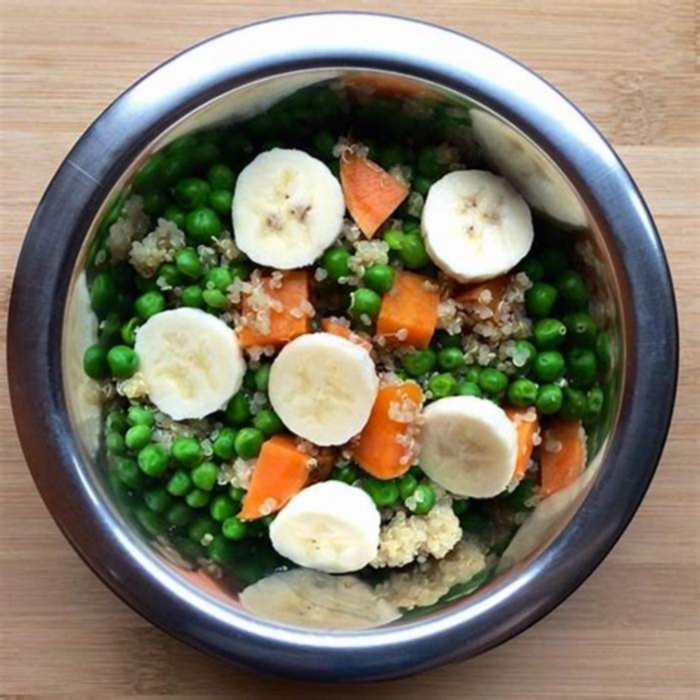
Homemade Puppy Food Recipes: Vet-Approved
The search for proper nutrition is crucial for growing puppies because it serves as their foundation for development. A commercial diet is more convenient than homemade puppy food. However, it lacks some of the essential nutrients.
Homemade puppy food can save you a lot of money and allow you to customize a meal diet that fits your puppy's needs.
When you choose to feed your pet with homemade puppy food, it requires a whole lot of patience and commitment on your end.
Just be sure you have enough time to prepare the food daily; it also needs to be done correctly.
The recipes below will surely make you and your furry pal happy!
You can store these homemade puppy food in the freezer and take them out when it's already eating time!

1. Chicken and Spinach Homemade Puppy Food
Looking for a greener option to feed your puppy? This chicken and spinach recipe is the best fit!
This recipe can make up to 60 servings and is suitable for small dogs that weigh 5 to 8 lbs.
Ingredients:
- 4 lbs. ground chicken
- 1 1/2 cups dried brown rice
- One 15-ounce tomato sauce in a can
- 4-5 cups fresh spinach
- 1 extra-large yam (2 medium-sized)
- 1 tbsp. olive oil
How To Make:
- Cook the brown rice according to its instructions in the packaging.
- Wash the yam(s) and pierce using a fork. Next, put in a microwave (on high) for 7 minutes or until tender. Then, rotate the yam once halfway through the iteration. Lastly, cut into cubes when cooled.
- Using a large soup pot, add the oil and chicken. Then, cook the chicken over medium heat until it cooks thoroughly.
- Remove pot from heat and add the cooked brown rice, tomato sauce, cubed yams, and raw spinach. Afterward, mix all together with a large spoon.
- Use a submersion blender to blend them. There should be no large chunks.
- Let it cool for 1 hour and place in the refrigerator overnight. Cooling allows the mixture to set.
- Line 2 large baking sheets with parchment paper. Then, scoop individual servings using an ice cream scoop.
- Next, place the trays in the freezer until frozen.
- Take out the frozen puppy food and transfer them in Ziplock bags.
- Lastly, you can keep a week's worth of puppy food in the refrigerator and the rest in the freezer for the following weeks.

2. VE&CC Vets Healthy Puppy Food Recipe
This homemade puppy food is a simple recipe from VE&CC Vets that is well-balanced!
It contains the main protein, which is the ground turkey. Your pup will earn the benefits coming from the carrots, zucchini, and spinach.
Despite having full-packed nutrients, this recipe is also a good source of fiber!
Ingredients:
- 1 1/2 cups of brown rice
- 1 tbsp. olive oil
- 3 lbs. ground turkey
- 3 cups chopped baby spinach
- Two shredded carrots
- One shredded zucchini
- 1/2 cup peas
How To Make:
- Cook the brown rice according to its packaging instructions.
- In a large stockpot, heat the olive oil over medium heat. Then, add the ground turkey and cook until brown. Then, break down to crumbles. The cooking should take 3 to 5 minutes.
- Stir the cooked brown rice and vegetables into the cooked ground turkey. After that, cook again for another 3 to 5 minutes.
- After the leafy spinach has wilted, take the pot away from the heat. Then, let it cool down before serving to your puppy.

3. Low-Calorie Homemade Puppy Food
Are you concerned about your puppy being obese? Then, this recipe can help your puppy lose some weight!
This low-fat puppy food gives a good balance of essential nutrients your puppy needs. Also, this recipe can make up to 12 servings.
Ingredients:
- 1-pound ground turkey
- 2 cups brown rice
- 6 cups water
- One 8-ounce package of frozen broccoli, carrots, and cauliflower
How To Make:
- Place the ground turkey, brown rice, and rosemary in a large Dutch oven.
- Stir until the turkey crumbles and is evenly mixed with the ingredients.
- Bring the mixture to boil over high heat. Then, reduce the flame to low.
- Let it simmer for 20 minutes.
- Add frozen vegetables and cook again for 5 minutes.
- Remove from heat and allow to cool.
- Lastly, refrigerate until ready to serve.

4. Balanced Homemade Dog Food with Ground Beef
The word balanced means that the meal diet's type and amount of nutrients are well-proportioned.
You can substitute the ingredients in this recipe depending on the availability. Also, you can replace the source for the main protein and vegetables with a component that is safe for your puppy.
You can substitute the oats with brown rice, quinoa, or chia seeds.
Ingredients:
- 1/2 cup lean ground beef
- 1/3 cup chopped sweet potato
- 1 cup puppy-friendly vegetables
- One egg with a shell
- 2 tbsp. ground flaxseed
- 1/8 cups quick oats
- 1/2 cup water
How To Make:
- Add water, chopped sweet potato, vegetables, and beef to a large stockpot. Then, cook on medium heat for 20 minutes. Stir occasionally.
- Next, add the oats and egg. Then, cook for another 5 minutes.
- Lastly, remove from heat and add the flaxseed. Then, stir thoroughly.

5. Healthy Homemade Dog Food Recipe
Is your puppy prone to food allergies? If yes, then this food recipe will make it easier for you to feed your puppy!
It compromises various healthy ingredients that your canine companion will surely love!
In addition to that, this recipe can make up to 28 servings for small dogs that weigh up to 14 pounds.
Ingredients:
- 3 lbs. ground turkey or any protein
- 1 cup uncooked millet or any whole grain (quinoa, rice, pasta)
- 1 tbsp. olive oil
- 1/4 cup unsweetened coconut flakes or coconut oil
- One shredded carrot
- One shredded zucchini
- 1/2 cup pumpkin puree (canned or homemade)
- One shredded squash
- One chopped apple
- 1 tbsp. calcium powder
How To Make:
- Bring to boil 1 cup of whole grain in a pot of water. You can overcook it to be softer and more digestible. Then, drain the rice water.
- Shred the vegetables and chopped the apple. No need to cook.
- Cook the ground turkey with olive oil and drain excess juice.
- Mix all the ingredients.
- Store in Tupperware or Ziplock bags and freeze.

6. Homemade Dog Food with Ground Turkey
Ingredients:
- 3 lbs. ground turkey
- 1 tbsp. olive oil
- Two shredded carrots
- 3 cups chopped spinach
- 1/2 cup peas
- 1 1/2 cups rice
- One shredded zucchini
How To Make:
- Cook the rice according to its packaging instructions.
- Next, heat the oil in a large pot and cook the ground turkey. Crumble the cooked turkey, then mix the ingredients.
- Cook until the spinach wilted and the food is already heated.
- Lastly, cool before serving.

7. Turkey and Chicken Casserole
Another healthy homemade dog food that is good for your puppy! This casserole is easy to make following the recipe below.
Ingredients:
- 2 lbs. skinless, boneless chicken breasts
- 25 lbs. ground turkey
- 1 cup rice
- Two chopped apples
- peeled and chopped carrots
- peas
How To Make:
- Mix all the ingredients in the slow cooker and cover with water.
- Cover the slow cooker. Then, cook on low heat for 8 to 9 hours.
- Turn off heat and stir.
- Allow cooling. Then, mash slightly before serving.

8. Salmon and Brocolli Dog Food
Ingredients:
- Two portions salmon with skin
- One head broccoli
- Three potatoes
- Two carrots
- One squash
- 1 tbsp. olive oil
How To Make:
- Chop the broccoli, squash, and carrots. Then, steam until cooked.
- Peel potatoes and bake in the oven.
- Cook the salmon in a 1tbsp. Olive oil in a skillet.
- After cooking everything, allow cooling and mix before feeding.

9. Beef, Beans, and Veggies Dog Food
Ingredients:
- 2.5 lbs. ground beef
- 1.5 cups rice
- 1 1/2 cups diced squash
- 15 oz. drained canned kidney beans
- 1/2 cup peas
- 1 1/2 cups chopped carrots
How To Make:
- Add all the ingredients and add 4 cups of water to a slow cooker. Stir.
- Cover and cook on low heat for 6 hours, then stir again.
- Turn off heat and stir.
- Lastly, allow cooling before serving.

10. Salmon Scramble for Dogs
Ingredients:
- 3 oz. cooked skinless, boneless salmon
- Two eggs
- 1/2 cup chopped spinach
- 1 tsp. Olive oil
How To Make:
- First, heat the olive oil in a skillet.
- Cook the salmon until heated.
- Break eggs into the skillet. Then, cook and stir for 2 minutes.
- Mix, then remove from heat. Allow cooling before serving.
How to Store Homemade Puppy Food?
If you are someone that loves to make everything in bulk, here are some methods to use on how to store your homemade puppy food correctly:
The method you will use will depend on how long you will use the food. If it's for 1-3 days, don't use the vacuum sealing method as this will waste time and money.
If you're going to use the homemade puppy food for 7-10 days, you can use the single-serving containers, which must be air-tight.
ZipLocks work well with short-term storage, although it might be expensive to use disposable bags.
Refrigeration
Most homemade puppy food recipes are safe to store in a refrigerator for 3-5 days, as long as it is in an air-tight container.
Also, please take note that homemade puppy food doesn't have any preservatives, so they don't last long as the commercial ones.
Freezer
It's best to use vacuum seal bags to avoid freezer burn in any food if you're using the freezer.
Most homemade puppy foods last up to 3 months when kept in a freezer, as long as they are in air-tight containers.
How Much Homemade Puppy Food to Feed Your Puppy?
When feeding homemade puppy food, you might start to question the amount per cup you need to serve your puppy pal.
The easiest way to determine is by using a measuring cup.
The general recommendation for the serving size is 1/2 to 3/4 cup of food per 25 pounds of body weight.
The serving size might not be that much, but the excellent, well-balanced homemade dog food is more nutrient-dense than the commercial ones.
As your puppy grows, increase the portions appropriately. It's best to have your puppy get weighed at least once or twice a week to make sure you are feeding your puppy correctly.
Serving Size in Cups of Homemade Food per Ingredient
All of these serving suggestions are per 20 pounds of the dog's body weight and are the ideal amount needed each day:
- 1/4 to 1/3 pounds of meat.
- 1/2 to 3/4 cups yogurt or cottage cheese or 3 to 4 eggs.
- 1 to 2 cups of potatoes, rice, pasta, or other carbohydrates.
- 1/2 cup to a cup of cooked vegetables.
- Tablespoon of canola or olive oil
- for added calcium, 1/2 teaspoon of bone meal, or ground eggshell.
Importance of Knowing the Exact Serving Size
Knowing the exact serving size to feed your puppy can help prevent overfeeding.
Overfeeding can lead to obesity and are linked to various health complications: joint problems, diabetes, heart conditions, and respiratory issues.
Excessive feeding can also lead to vitamin toxicity. Some of the most common vitamin toxicity are:
- Vitamin A causes bone spurs, lethargy, constipation, stiffness, and limping.
- Vitamin D vomiting in blood, seizures, muscle tremors, and abdominal pain.
Also, if you're not feeding your dog enough nutrients, they can be at risk of nutrient deficiency and lead to malnourishment.
Safe Kinds of Meat, Vegetables, and Carbohydrates to Include When Making Homemade Puppy Food
Kinds of Meat:
What is the best meat to include when your puppy is prone to allergies? And yes! That is a common question for pet owners who have sensitive puppies.
Dogs need high protein meat!
Before feeding any meat, consult your veterinary doctor so you can learn the allergies and health issues of your puppy.
The dog breed, age, type of meat, and food allergies contribute to choosing the best meat to include in your puppy's food.
Therefore, make sure that the meats are lean and without spices. Also, never feed your dog with fatty meats like bacon.
Chicken Meat One of the most common pet foods today and is leaner than beef and pork. Aside from that, it is rich in protein, vitamin B3 and B6, phosphorus, and selenium.
Before feeding your puppy with chicken, make sure to cook it very well. And if your puppy has allergies to chicken meat, consult first the vet.
Beef One of the most preferred meat types, especially in ready-made dog foods. It is high in protein, iron, zinc, selenium, and vitamins B12, B3, and B6, thus, healthy for dogs.
Lamb Its meat is fatty, and it is not suggestible to overweight and elderly dogs. Also, it is rich in vitamins B12 and B3, omega-three and omega-six fatty acids, selenium, and zinc.
Duck This is more advisable for active and young dogs because it is high in fat and a good protein source. It's also a good substitution for beef and chicken meat.
Fish Salmon, tuna, and trout are the best fish for pets because of their high nutritional value, are low in fat, and are rich in omega 3. And it's a hypoallergenic food, and fish allergy is rare for pets.
Kinds of Vegetables:
Dogs can eat a wide range of vegetables. Vegetables that are safe for dogs to eat are:
- Carrots
- Zucchini
- Green Beans
- Broccoli
- Cauliflower
- Spinach
- Brussels Sprouts
- Celery
- Cucumbers
- Pumpkins
Kinds of Carbohydrates:
Carbohydrates are also crucial for dogs. But they also provide fiber for healthy digestion.
Carbohydrates that are safe to mix with your puppy's food include:
- Rice (cooked white or brown rice)
- Potatoes (boiled sweet or white)
- Pasta (without oil or salt)
- Oatmeal
- Yams

What Human Food Are Safe For Puppies?
Human foods that are safe for your fur baby include:
Carrots Chewing them helps remove plaque on their teeth. Also, carrots are a good source of Vitamin A vital for the dog's skin, coat, and immune system.
Apples Provides Vitamin A and C. Good source of fiber, which regulates your dog's digestion.
Eating rotten apples can lead to alcohol poisoning for dogs!
White Rice Cooked and plain white rice is a good option for a dog's upset stomach. Also, it is easy to digest and binds stool.
Diabetic dogs should eat white rice in small portions because it increases sugar levels!
Dairy Products Milk, cheese, and plain yogurt safe for dogs to have in small amounts.
Too much dairy can cause digestive problems because dogs have low lactase levels.
Peanut Butter Unsalted peanut butter with sugar added is safe for dogs to eat in moderation. Contains Vitamins E and B, niacin, healthful fats, and protein.
Plain Popcorn Contains magnesium, phosphorus, and zinc, which are essential for your dog's health.
Blueberries Rich source of fiber, antioxidants, and phytochemicals.
Bananas Full of magnesium. Due to its high sugar content, dogs should intake bananas in moderation.
Cucumbers Low-calorie snack and is suitable for dogs that are overweight. Also contains plenty of vitamins and minerals, such as Vitamin K.
Green Beans Plain green beans are suitable for dogs. Good source of protein and contains calcium, iron, and Vitamin K.
Watermelon Safe for dogs, but remove the seeds first. It has high water content and possesses Vitamin A, C, and B6.
What Ingredients to Avoid When Preparing Homemade Puppy Food?
When making homemade puppy food, it's necessary to note that some foods are deadly for our canine friends.
As a result, never use these ingredients when cooking homemade puppy food:
- Chocolates
- Raisins
- Avocados
- Grapes
- Walnuts
- Macadamia Nuts
- Coffee
- Onions
- Garlic
- Spices or herbs
- Raw yeast dough
Also, don't use ingredients that are already expired or contain mold. The rule is straightforward, never feed anything that can cause harm to your dog.
What Ingredients to Limit?
Some ingredients are not harmful to your dog, but the intake should be in moderation:
- Added salt
- Dairy foods
- Butter
- Cooking oils (e.g., canola oil)
- Corn (difficulty in digesting)
Tips on Creating a Well-Balanced Homemade Puppy Food
You can feed your puppy either raw or cooked homemade food.
Aside from that, you can utilize the leftovers from your table, as long as they are the ones you can eat and not some fatty scraps.
Below are the tips on feeding raw or cooked homemade diet to healthy dogs:
Boneless Meat This includes both poultry and red meat. The heart is a good choice since it is lean and is less expensive than other muscles meats.
Raw Meaty Bones (RMB) RMB should make up 1/3 to 1/2 of the total diet. Use the lower end of the range if you provide bony parts such as chicken necks, but feed more by using primary meat such as chicken thighs.
Never feed cooked bones!
Meat and Other Animal Products These products can make up at least half of the total diet of dogs. A raw diet can be dangerous, leading to obesity due to its high-fat content.
Organs About 1 ounce per pound of liver of other animal products should be on the diet of your dog.
Fish Provides vitamin D. Canned fish such as sardines, jack mackerel, and pink salmon are the best choices. Never feed raw Pacific salmon, trout, and the likes. Remove the fish bones.
Dairy Plain yogurt and kefir are tolerable for dogs. Cottage and ricotta cheese can be one of the choices.
Eggs Dogs that weigh about 20 pounds can have one whole egg every day. Give less to smaller dogs.
Fruits and Vegetables High fiber for digestion, antioxidants, and other nutrients contribute to healthy dog life. Deep-colored fruits and vegetables are the most nutritious.
Grains Good choices include oatmeal, brown rice, quinoa, barley, and pasta. Along with starchy vegetables, they should make up no more than half of the diet.
How to Make Your Own Homemade Puppy Food?
Puppies need twice as many calories per day.
According to the Nutrient Requirements of Cats and Dogs of the National Academy of Science, a 10-pound puppy expected to weigh up to 33 pounds when it reaches adulthood needs to eat 990 calories a day.
Additionally, puppies need to eat more protein, fat, vitamins, and minerals than adult dogs.
A homemade puppy food diet should consist of:
- Protein (chicken, turkey, beef, fish)
- Carbohydrates (rice, pasta, potatoes)
- Vegetables (peas, green beans, carrots)
- Fat (vegetable oil)
- Vitamins and minerals supplements
Once you settle with what ingredients you will use, you can now start preparing the food for your puppy. Also, you can keep these foods frozen for months or refrigerated for a week for storage.

Is Homemade Puppy Food Good for Puppies?
Like humans, dogs also have caloric requirements and specific vitamins and minerals needed every day to keep them in shape.
On the other hand, puppies have more precise needs to grow fully to their appropriate size and have good health conditions.
Also, common mistakes by pet owners when they decide to feed their puppy with homemade recipes is that they don't follow the suitable recipes, or they are just not following any formula at all!
So when preparing the proper meal diet for your puppy, it must contain the appropriate balance of protein, fat, and calories for growth.
In addition to that, the meal diet must also include the right amounts of vitamins and minerals.
So as you begin to make homemade puppy food, make sure that your puppy gets everything he needs in his meal diet.
And lastly, it's best to consult your veterinarian, or you can even ask for any referrals to a nearby veterinarian nutritionist.
Homemade Puppy Food for Growing Puppies
A new addition to the family is exciting, isn't it? Most especially if it's a four-legged and furry friend!
But do you already know how and what to feed to your newest fur baby? Don't worry because, in this section, we will be talking about homemade puppy food good for up to 3 months old!
Homemade Food for a 1-Month Old Puppy
One meal of raw mincemeat and one meal of yogurt will go well with a 1-month old puppy.
Mincemeat is the easiest for a puppy to eat as he will use the sucking motion to eat it. If he can't manage to eat a yogurt, add some mince to keep it in shape for him to suck.
As an alternative, if you have a meat grinder at home, you can ground the whole raw chicken. In that way, calcium will come out from the bones, and you will not need yogurt anymore.
Homemade Food for a 6-Week Old Puppy
Some say that it's crucial to let your 6-week old puppy eat homemade food.
If you are one of the hesitant people, you can choose to mix your puppy's commercial food with milk and egg.
But if you are willing to try something new, make sure to base your homemade puppy food with well-ground meat with eggs, milk, and rice.
Puppies also love fruits and vegetables!
Homemade Food for a 3-Month Old Puppy
The food for a 3-month old puppy is easy to prepare!
First, in non-fat broth, broiled the chicken with no spices, mix with cooked carrots, peas, string beans, and brown rice. Then, blend the ingredients in a food processor. And you're all set!
Give about 3/4 cups each for breakfast, lunch, and dinner.
When your puppy reaches one year old, cut down to only two meals per day. Also, mix wet and dry food when feeding him.
Go-To Websites for Vet-Approved Homemade Puppy Food
You can find a lot of recipes on the internet that says vet-approved, but they might not be ideal for your puppy.
Every dog has different nutritional requirements based on age, breed, and medical history.
Also, you can ask your veterinarian for any recipe recommendations, or you can consult the following reliable resources and get your vet's approval.
JustFoodForDogs This website provides recipes and nutrients that allow you to create a balanced diet at home. Thus, offering a custom diet option for dogs with an exact dietary need.
Their specialist will review your pet's medical records and formulate both a recipe and a custom nutrient blend. And they can also send out fresh, cooked meals that you can serve if you're too tired to prepare.
Balance IT An online resource that you can customize to create a meal diet. So you're the one to pick the proteins, carbohydrates, fats, vegetables, and fruits you wish to use. As a result, the site will give you a nutrient profile and a supplement mix to add to your recipe.
American College of Veterinary Nutrition This website has a section on nutritional resources for both veterinarians and pet owners. You can find a board-certified veterinary nutritionist near you or who works alone that is up for a consultation to create a customized nutritional plan for your dog.

What To Remember When Making Homemade Puppy Food?
Feeding your puppy with just homemade food doesn't have to be an all-or-nothing option unless your dog needs to eat only homemade recipes for a specific health reason.
Even though you're not a good cook, you can still prepare homemade food for your pup to give out a healthy alternative to their regular diet.
You can opt to feed your dog with the combination of store-bought dog food and the food you cooked in your kitchen.
Whichever option you like, always remember that it must cater to your puppy's health and nutrition needs.
In conclusion, make sure that you consult your veterinarian about every change in your puppy's diet, and you can also ask for any supplements that you can add to come up with a balanced meal.






